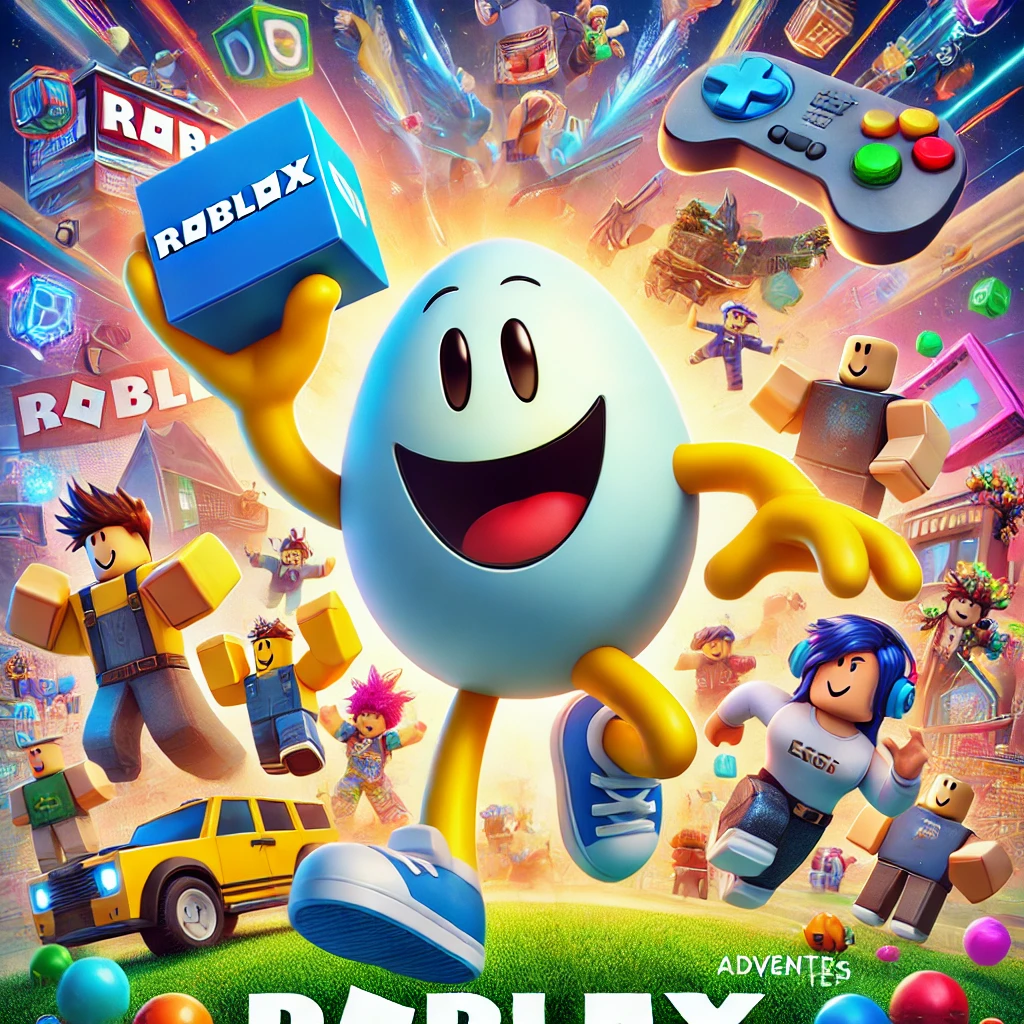1. Engage in Their Gaming World
• Be Their Teammate: Join in their gaming sessions, especially for levels or tasks that require teamwork.
• Celebrate Wins: Acknowledge even the smallest victories to build confidence and excitement.
• Encourage Teamwork: Use co-op levels to teach collaboration and the joy of helping others.
2. Record and Replay Their Gaming Sessions
• Use Screen Recording: Capture their gameplay moments so they can replay and relive their favorite memories.
• Analyze Together: Watch replays and discuss strategies or celebrate fun moments.
• Create Highlight Reels: Help them compile “best moments” or funny clips from their sessions.
3. Foster Their Commentary and Creativity
• Encourage Storytelling: Suggest they narrate what’s happening in the game, turning gameplay into an engaging story.
• Practice Hosting: Help them create a fun “gamer persona” with catchphrases or fun commentary styles.
• Add a Personal Touch: Let them share their thoughts, strategies, and tips as part of their gameplay narration.
4. Introduce Video Editing
• Use Simple Tools: Start with beginner-friendly apps like iMovie, CapCut, or Canva for video editing.
• Keep It Fun: Teach them to add captions, transitions, or music to personalize their videos.
• Plan Projects: Help them brainstorm themes for their videos, like tutorials, challenges, or reviews.
5. Create a Safe Online Space
• Choose the Right Platform:
• Consider child-friendly platforms or a family-managed YouTube account.
• Set Privacy Settings: Ensure only friends or approved viewers can see their videos.
• Monitor Interactions: Teach them to avoid unsafe interactions and manage comments if enabled.
6. Encourage Creativity Beyond Gaming
• Build Real-World Adventures: Recreate game scenarios with toys like LEGO, blocks, or arts and crafts.
• Plan Fun Activities: Let them organize gaming sessions with friends or create a “game challenge” night.
• Link Gaming to Learning: Explore coding games like Scratch or Minecraft Education to blend fun with skill-building.
7. Cultivate a Growth Mindset
• Normalize Mistakes: Emphasize that failure is part of learning and trying again is part of the fun.
• Focus on Progress: Celebrate effort and improvement, not just results.
• Reinforce Positivity: Encourage them to explore, experiment, and enjoy the journey without fear of judgment.
8. Strengthen Parent-Child Bonding
• Participate Regularly: Set aside time to play games together as a shared activity.
• Listen to Their Stories: Let them excitedly recount gaming moments—they’re building storytelling skills!
• Plan Together: Help them organize their next gaming session or project—it shows you care about their interests.
By following these tips, you can actively support your child’s gaming hobby while fostering creativity, teamwork, and essential life skills. It’s all about balance, engagement, and creating a safe, nurturing environment for them to thrive.

